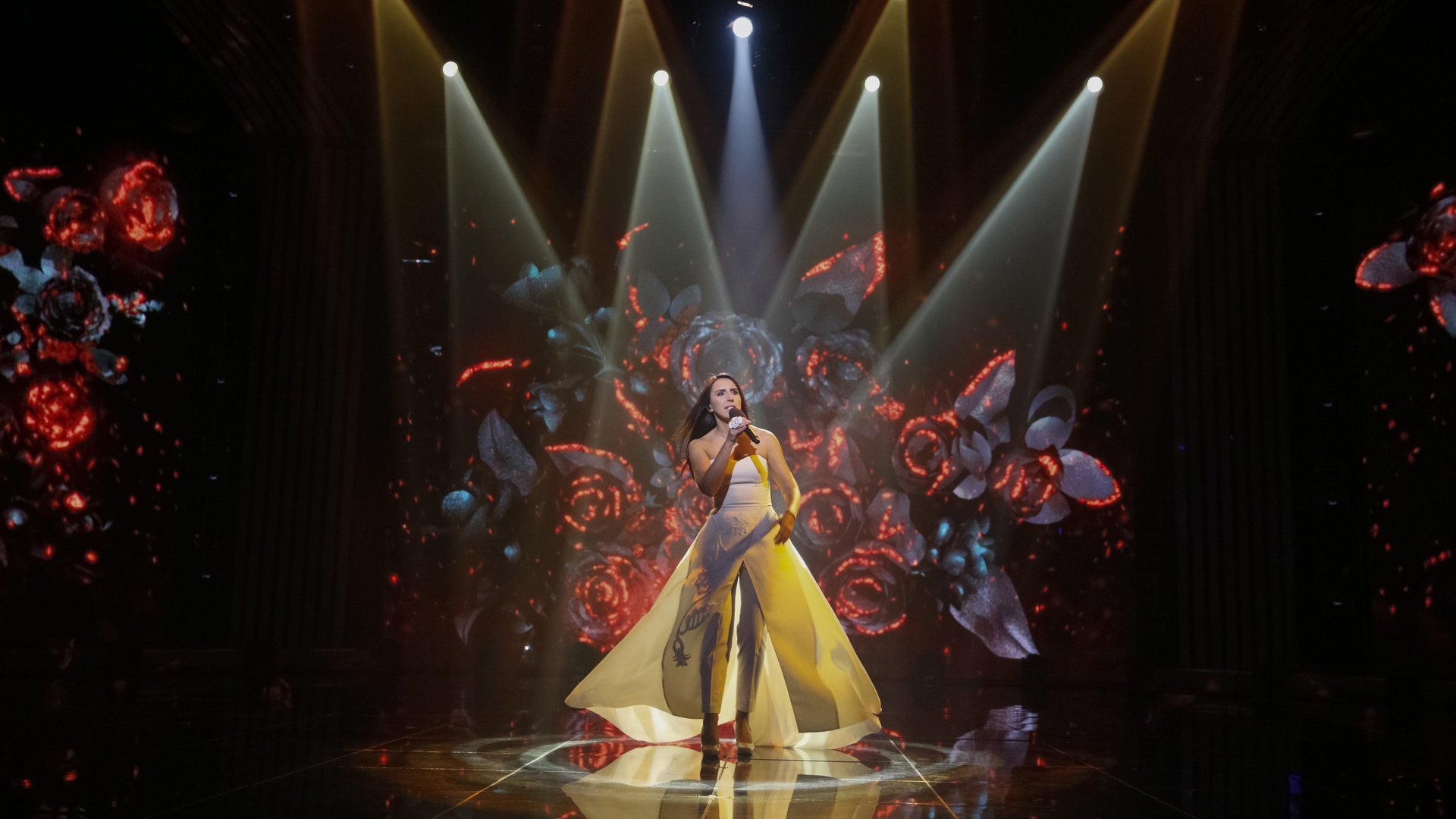Political enemies Russia and Ukraine faced off in Europe’s tackiest music contest
Europe’s tackiest musical event, the Eurovision Song Contest, has always been inherently political. After the show, which is filled with glitz, dramatic lighting, sequins, and Finnish Ork look-alikes, the audience watches votes for the best song come in from each country. Neighborly loyalty and age-old animosities rule the vote, making it often quite predictable.


Europe’s tackiest musical event, the Eurovision Song Contest, has always been inherently political. After the show, which is filled with glitz, dramatic lighting, sequins, and Finnish Ork look-alikes, the audience watches votes for the best song come in from each country. Neighborly loyalty and age-old animosities rule the vote, making it often quite predictable.
This year, despite an effort from organizers to veer away from politics, the competition’s central confrontation was a reflection of Europe’s thorniest conflict: Ukraine’s jazz singer Jamala won the competition on Saturday, May 14, while Russia’s pop star Sergey Lazarev came in third.
The Ukrainian entry is “1944,” a song that decries the deportation of 240,000 Tatars, a Muslim minority, from Ukraine’s Crimea during World War II by Stalin—the same region Russia annexed in 2014. Jamala, whose great-grandmother was among those deported during the war, sends a thinly-veiled message to Russia, which is also sponsoring a rebellion in the eastern part of Ukraine, asking the country not to swallow the Tatar soul:
Where is your heart?Humanity rise.
You think you are gods
But everyone dies.
Don’t swallow my soul.
Our souls.
Russian authorities complained about the song as a negative portrayal of their country, but Eurovision officials sided with the Ukrainian singer. “There’s nothing in it that could insult any individual, or country,” she said. “Nothing is directed against anyone. Sure, there’s a date—but this is a date that’s important to my family.”
Tatars living in Crimea under Russian rule today face repression—including censorship of their media, raids of their homes, and a ban on their political representation.
Jamala faces tough competition from the catchy song “You Are The Only One” from the Russian former boy-band singer Lazarev. If he wins the show, an event of huge national importance in Russia, Ukraine announced it will boycott next year’s contest.
Although they couldn’t weigh in on the artistic merits or political message, for the first time viewers in the US were able to watch the Eurovision on television, courtesy of Logo TV. A cameo performance by American star Justin Timberlake, who clearly does not fit in with the kitschy fiesta, is a nod to the show’s new audience, though not everyone is happy about it.
This post has been updated to reflect the winners of the Eurovision competition.